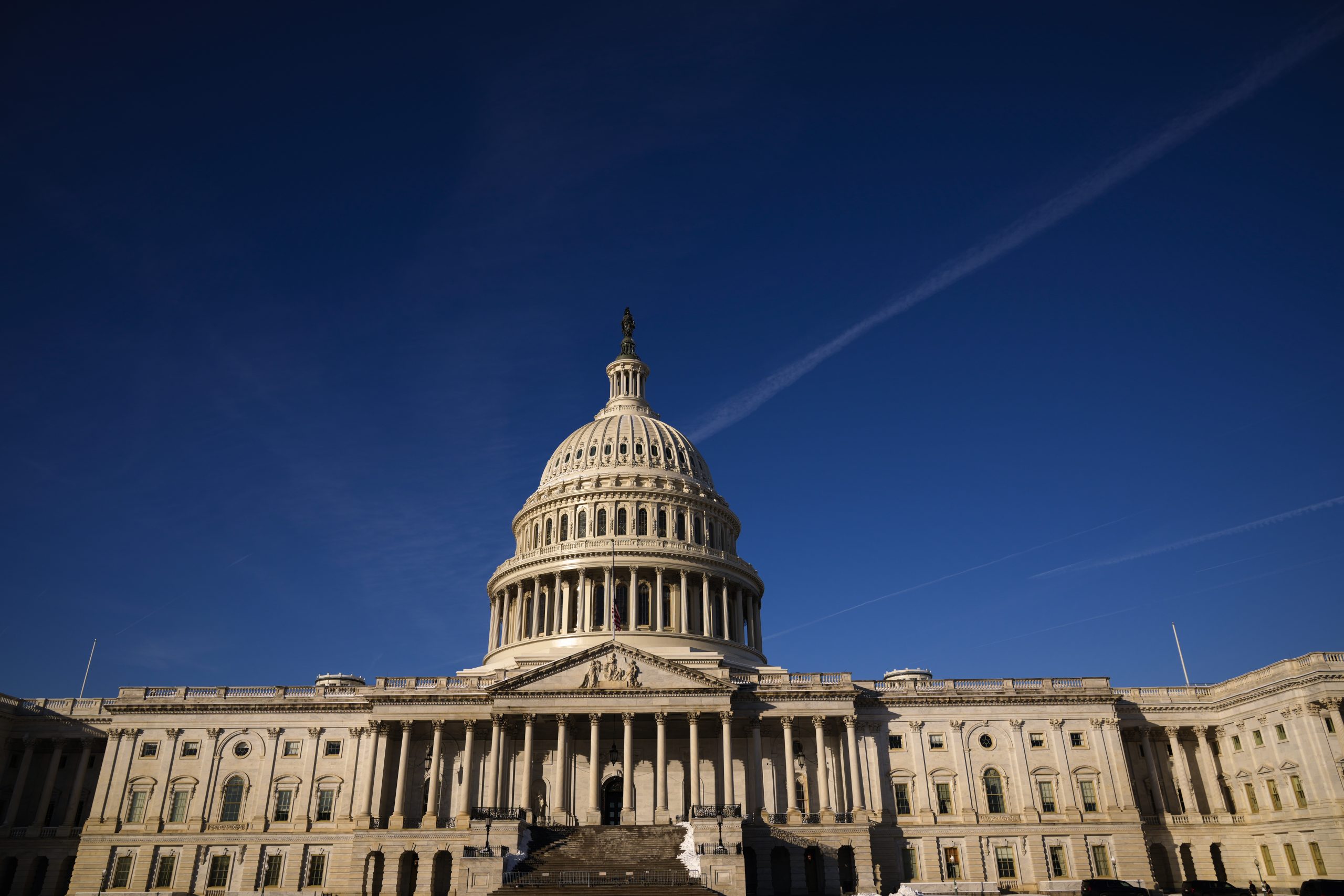The number of bills passed by Congress in 2021 was down significantly from the first year of the previous Congress.
According to new data from Quorum, 9,883 bills were introduced in Congress in 2021. But 85 were passed.
That is roughly a third of the 268 bills passed in 2019 — the first year of the prior Congress. In that year, 7,539 bills were introduced.
Quorum noted, “While this number may seem small in comparison to the 116th Congress’s output, it’s important to note that the 117th Congress has packed much more into their bills, like the budget reconciliation package that only needed 51 votes, in order to pass more without holding as many votes in a contentious 50-50 Senate and avoid being blocked by a Republican filibuster.”
Democrats maintained control of the House in the 2020 election and narrowly control the Senate as Vice President Kamala Harris can cast tie-breaking votes.
The data also found that 59.3% of bills passed last year had bipartisan support.
Additionally, Axios notes, “The current 117th Congress had a rough start, roiled by the Jan. 6 attack, a 50-50 Senate, and the pandemic. Its second and final year will be affected by posturing for this fall’s midterms.”
Despite the fewer bills passed, Congress advanced President Joe Biden’s $1.9 trillion COVID-19 relief package and a $1.2 trillion bipartisan infrastructure bill.
When Biden signed the infrastructure bill into law in November, he declared, “The bill I’m about to sign into law is proof that despite the cynics, Democrats and Republicans can come together and deliver results. We can do this. We can deliver real results for real people.”
“Here in Washington, we’ve heard countless speeches and promises and white papers from experts. But today we’re finally getting this done. So my message to the American people is this: America’s moving again, and your life is going to change for the better,” he added.






















